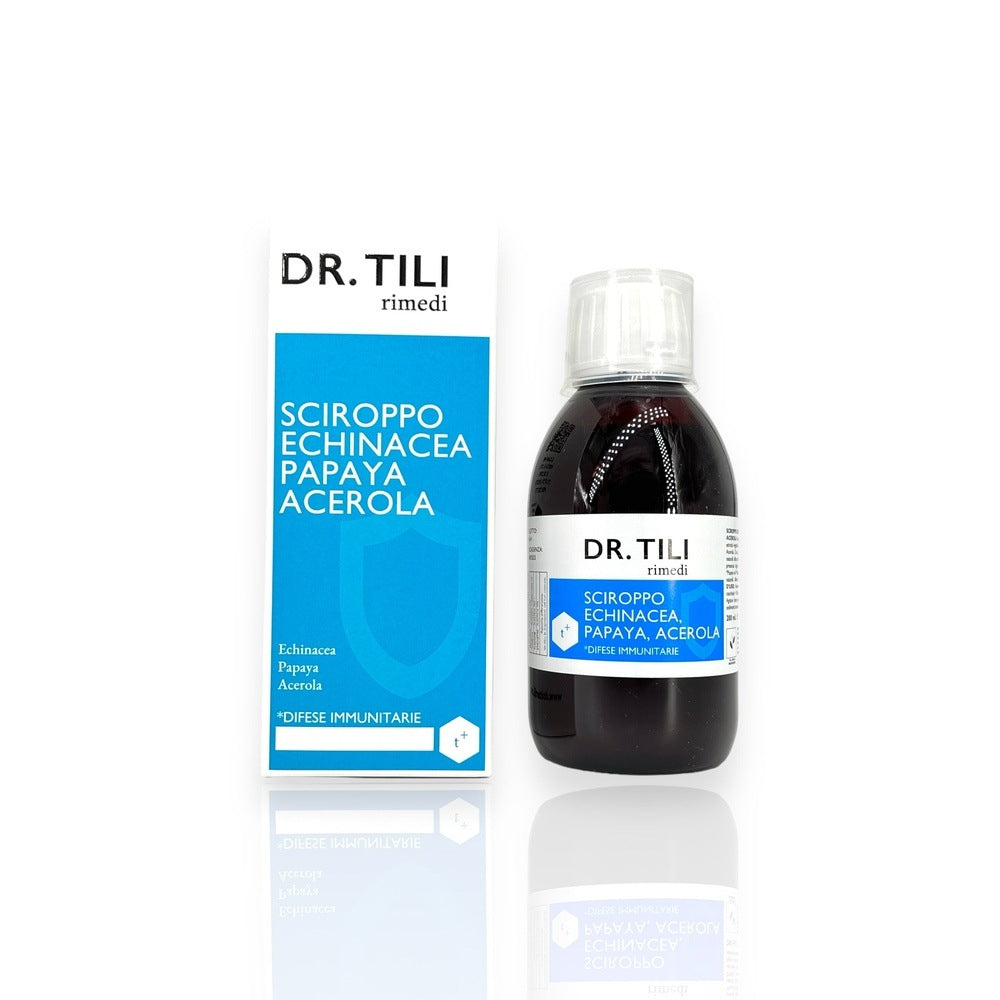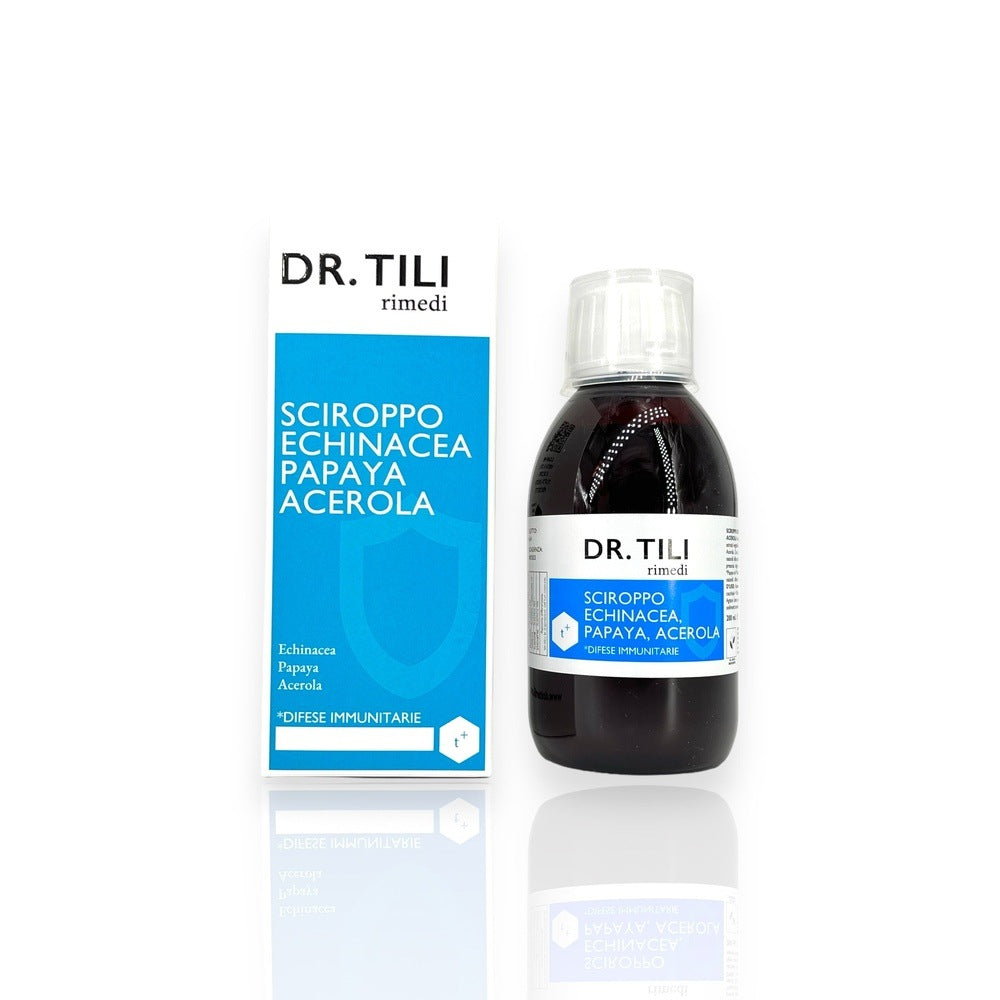Stress is nothing more than a defense mechanism of our organism: a mechanism, moreover, very important, as it allows us to react better in emergency conditions. However... there is a however, of course: in periods of particular stress, especially when this is prolonged over time, our immune system can suffer and it is therefore necessary to take cover, both - if possible - by reducing the sources of stress, and by supporting the immune system for example by using phytotherapeutic remedies such as acerola and echinacea . But let's proceed in order.
The Impact of Stress on the Immune System
As we have said, stress in itself is not a negative factor, on the contrary: this term defines a series of reactions that occur in our body that allow us to react in the best way to emergency situations . Let's think of the man who, in ancient times, found himself dealing with animals in the wild and had to decide in a fraction of a second whether to react to the threat or whether it was more convenient to flee and act accordingly (this reaction is commonly called, in fact, "fight or flight"). But let's also think, in modern times, of when someone - for example a child - is in danger and almost without thinking about it, an instinctive reaction occurs that leads to action. Well, all these are "stress" situations: it is intuitive how important it is to have a prompt and decisive response, it can really be a "matter of life and death".
Stress, a natural response to emergency situations, is now often a chronic state that can put our immune system into crisis: this is why we get sick more when stress makes itself felt. Phytotherapeutics such as echinacea and acerola can help us keep our defenses healthy and, consequently, contribute to our well-being.
Today, however, stress has taken on a very different connotation: daily tasks, the coexistence of many stimuli, tensions, worries make our body live in a state of perpetual alarm . In other words, it is as if we were always in front of a wild animal ready to attack. Cortisol levels increase (not for nothing called the stress hormone), adrenaline and noradrenaline are released, blood pressure increases, all the senses are alerted and the muscles prepare for action. It is precisely an emergency situation that, as is easy to imagine, should have a limited duration. Once the dangerous situation has passed, the body needs to return to normal.
The stress of the modern world, however, means that this pressure never eases, with devastating results for the body: stress can in fact activate an abnormal response of the immune system , whether in excess (onset of autoimmune diseases) or in deficiency, so much so that in stressful situations it is common experience that there is a greater incidence of infections. Stress in fact has direct effects on white blood cells and other substances responsible for defending the body.
Stress, Immune System and Phytotherapeutic Response
Of course, the first piece of advice is to reduce sources of stress, trying to carve out some time for relaxation and freeing your mind from thoughts that worry you. As often happens, however, the theory is much simpler than the practice: after all, if it were that simple to free yourself from stress, we would all do it immediately.
When stress cannot be eliminated or at least reduced to levels that are not harmful to the body, we need to give the immune system a hand so that it can respond better and defend us from external attacks.
Echinacea and acerola to strengthen the immune system
Among phytotherapeutics, a prominent place in this sense is occupied by echinacea, whose immunostimulant properties are now widely recognized. Several pharmacological studies confirm that this plant is able to increase resistance to infections, especially in flu states and to prevent colds.
Echinacea has an important antiviral action: this is both because it is - as mentioned - an immunostimulant, and because we could say that it "protects" hyaluronic acid. We certainly know the latter in cosmetics, but perhaps we do not know that among other things it helps the body to protect itself from the attack of pathogenic organisms.
Acerola can also help our immune system: it is very rich in vitamin C and contains B vitamins, magnesium, iron and calcium. It stimulates the immune system, in particular thanks to a positive action on white blood cells, has an antioxidant action as it fights free radicals and can also be helpful in cases of anemic tendency.



